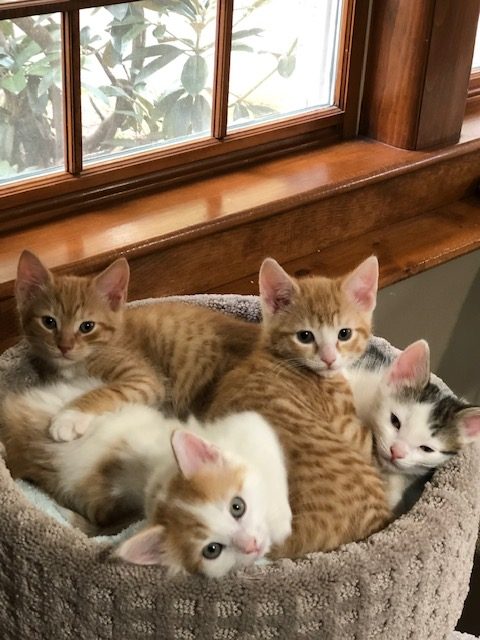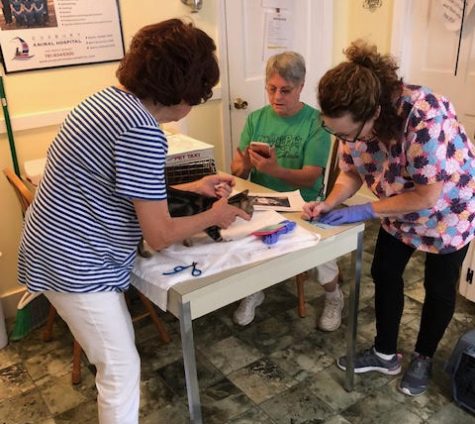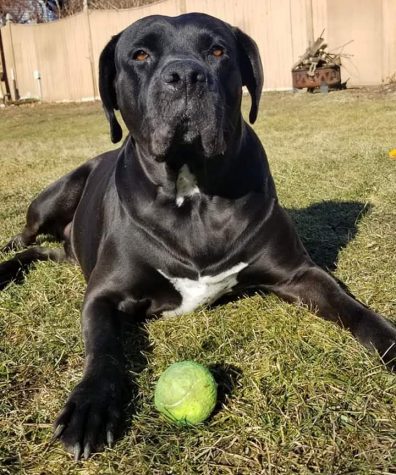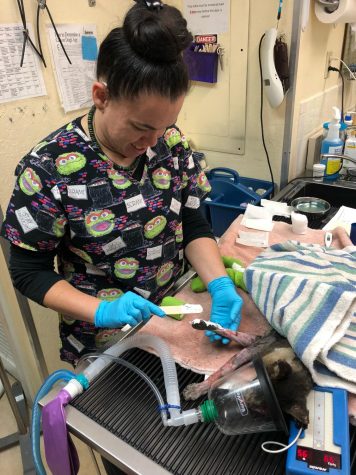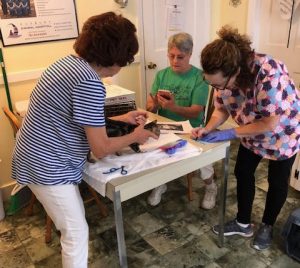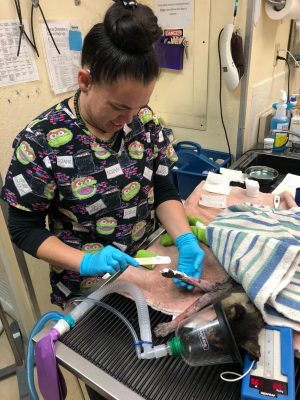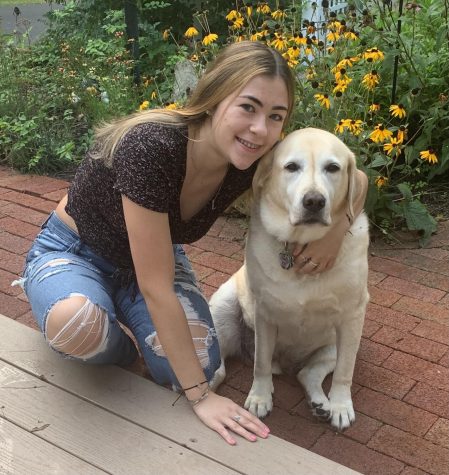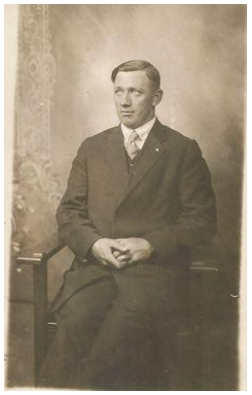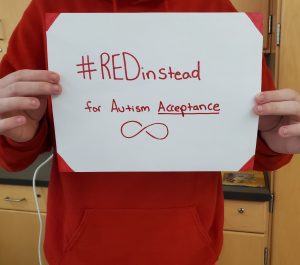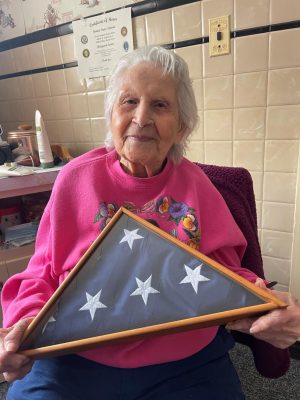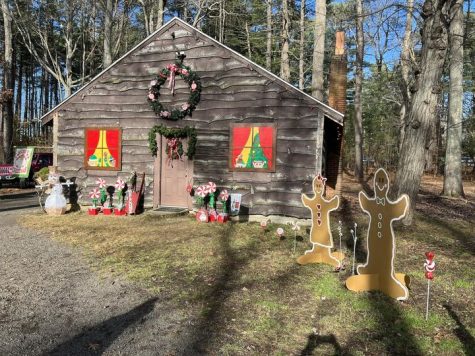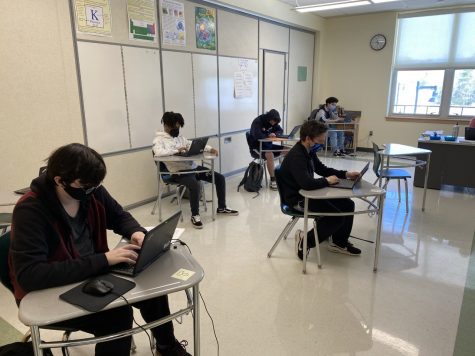Coronavirus Pandemic Calls for Quick Changes to Animal Shelters
The Standish Humane Society successfully navigates a new normal
June 9, 2020
Amid the panic first brought about by the Coronavirus pandemic, the first question of many animal lovers was how the Massachusetts’ statewide shutdown of everything but essential businesses would affect how they cared for their pets. Some people panicked and stocked up on items.
Looking past limited food supplies and restricted access to the groomers and vets, animal shelters have also had to adapt to social distancing and self quarantining laws pretty quickly. The ways those involved in animal welfare, such as veterinarians and shelters, were affected was they had to change protocol.
Given the amount of time spent at home and the stress from everything going on in the world, many people looked to adopt a pet. Many felt that adopting a pet would decrease their alone time at home. Pets also would provide comfort. And, adoption gets more pets out of shelters.
There are several animal adoption places on the South Shore. One is The Standish Humane Society. Standish is located in Duxbury on Route 14. It was one of the many local shelters having to adapt to this big change due to the Covid-19 regulations.
Board of Director member Julie Salamone said, “The Shelter has not closed during the lockdown period. Volunteers pulled together to make sure essential shelter operations continued.”
Your life changes when you have a pet. — Julie Salamone
The shelter’s first move was to ask volunteers to foster most of the adoptable cats. All were fostered with the exception of four residents, which are cats that are not adoptable, and five kittens who had recently arrived from Florida, Salamone said.
Standish Humane also “decreased the number of volunteers entering the shelter,” she said. The socializers, volunteers who socialize the cats, were told not to come to the shelter, therefore reducing the number of those who helped to only those in charge of feeding and cleaning. Because there were fewer cats at the shelter, they only needed “a shift supervisor, one volunteer in the morning, and one volunteer at night,” Salamone said.
The shelter wanted to keep the cats safe, but also the volunteers. Salamone said, “For safety precautions, volunteers entered the shelters with masks. Gloves and hand sanitizers are always available for the volunteers.” Salamone stressed the importance of hand washing and changing gloves from room to room and that during the pandemic, ”extra attention was spent on cleaning all surfaces, including doorknobs, countertops, walls, windows, metal and plastic containers, litter boxes, cat towers and cat toys.”
Even before the pandemic, Salamone said, “Bleach is always added to all laundry [of cat bedding], and disinfectants are used to clean the shelter.”
During this time, Salamone said that the shelter has not been accepting donations of towels and sheets, but they “still welcome donations of cat food, cat litter and cat supplies-all of which are cleaned with an antibacterial solution.”
Since March 1, “about 56 cats and kittens have been adopted from the shelter,” said Salamone. The shelter was forced to adapt quickly to the setbacks brought upon by the pandemic. “It was quite an effort by many people to make the no contact system work,” she said.
Salamone also explained the shelters new adoption processes. “Adoptions are done by telephone calls, videos, and photos. Once the cats to be adopted had been selected, the adopters completed the adoption contract and other paperwork while sitting in their cars. Once all paperwork had been completed, the adopted cat was secured in a carrier and placed by the adopter’s car. Once the adoption counselor was at least six feet away from the carrier, the adopter could then retrieve the carrier and take possession of their new pet,” she said.” This curbside adoption was set up by Joyce Keyes, one of the shelter’s board members.
Salamone advised caution when adopting a pet. She wanted people to keep in mind that they “need to put a lot of thought into adopting a pet. It can be an over 20 year commitment. Your life changes when you have a pet. A pet is a big responsibility. They need to be fed, cared for, exercised, vetted, groomed, played with, and supervised. Pets are an added expense. Veterinary care is expensive, and along with food, toys, litter and other necessities, it all adds up. Children want pets, but parents need to realize a lot of the responsibility of pet ownership falls on them. They must want the pet, too.”
Despite the shelters normal operations being shutdown due to the pandemic, the Standish Humane Society still has many expenses, even though there are fewer cats in the shelter. In addition to accepting donations of cat food, litter, toys and shelter supplies, they are also collecting donations through Facebook, Donorbox, Pay Pal and regular mail contributions to maintain the shelter operations. Recently, the Humane Society had a virtual kitten shower and they were gifted with kitten food, kitten formula, scales, and other needed supplies.
To know about other events happening at the Shelter, Salamone suggested, “People can visit our Facebook page and our website to keep current on what’s going on with our programs.”

